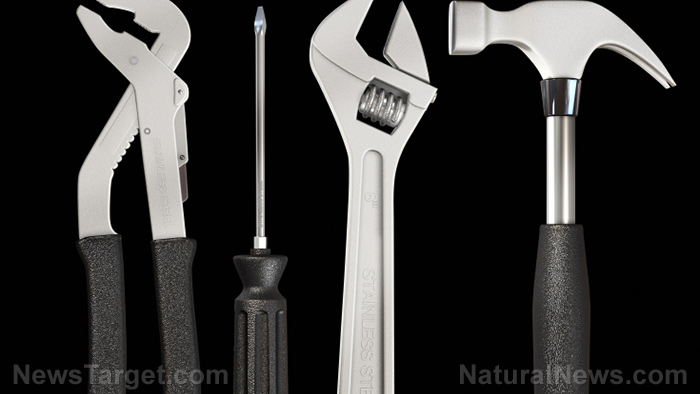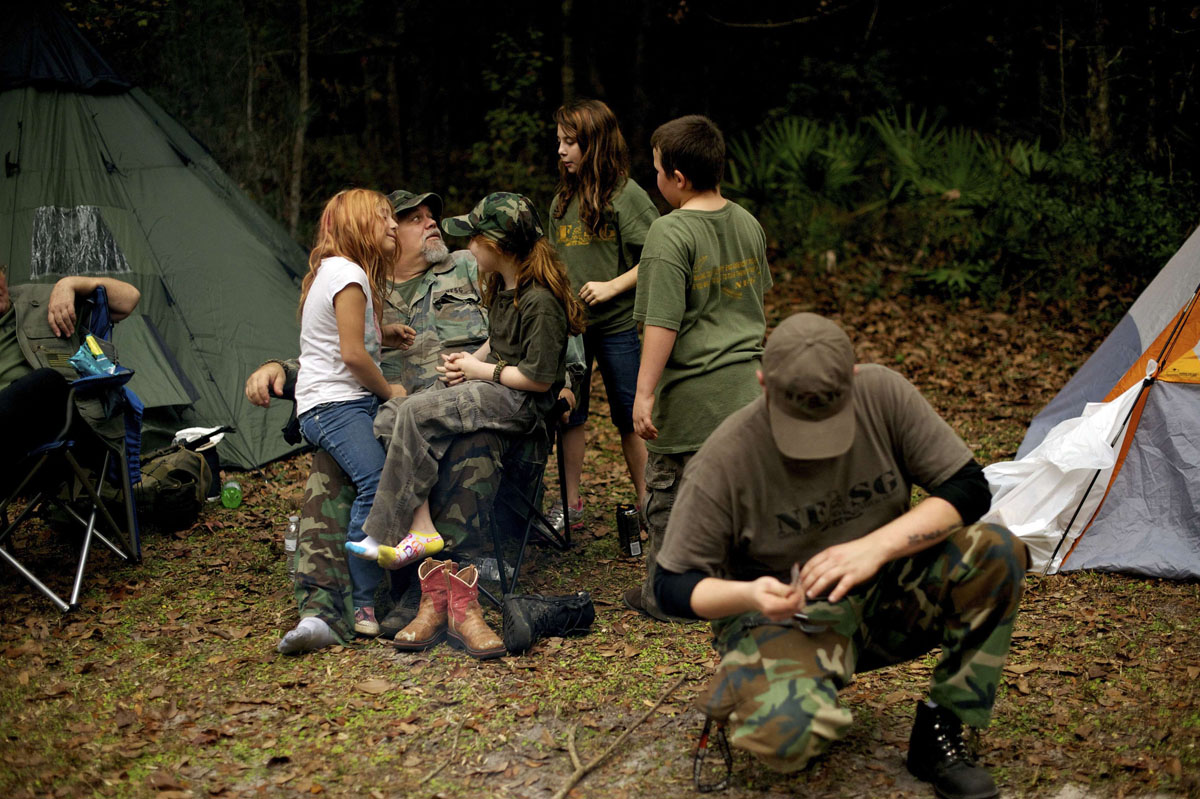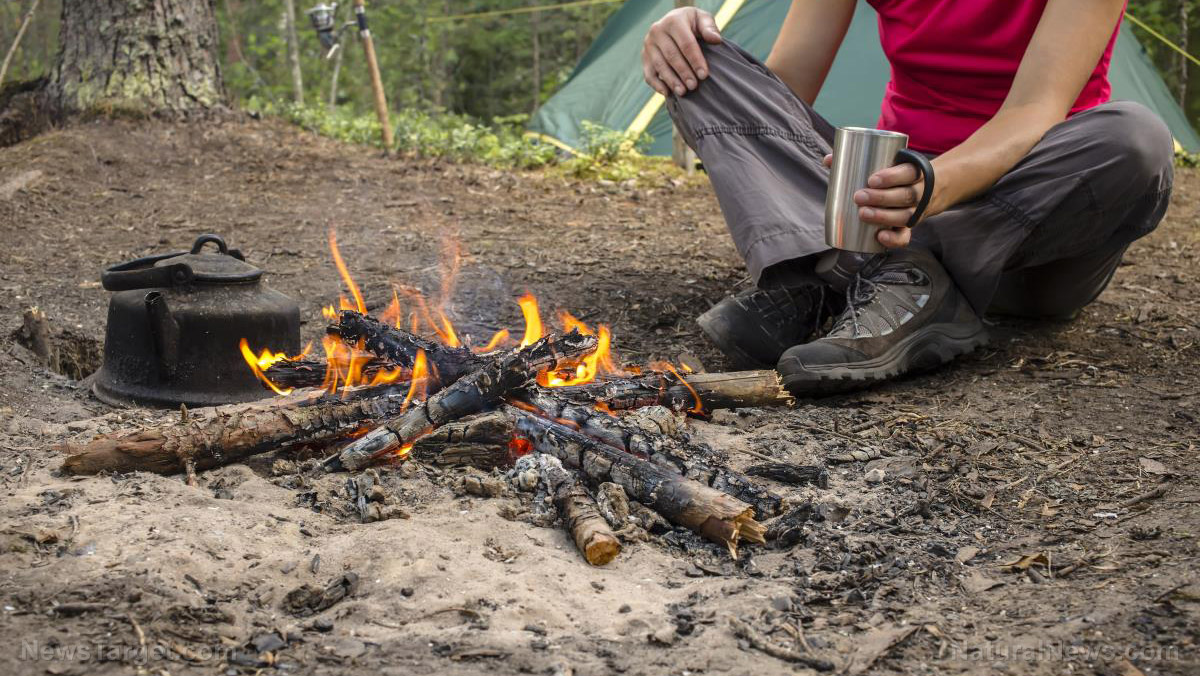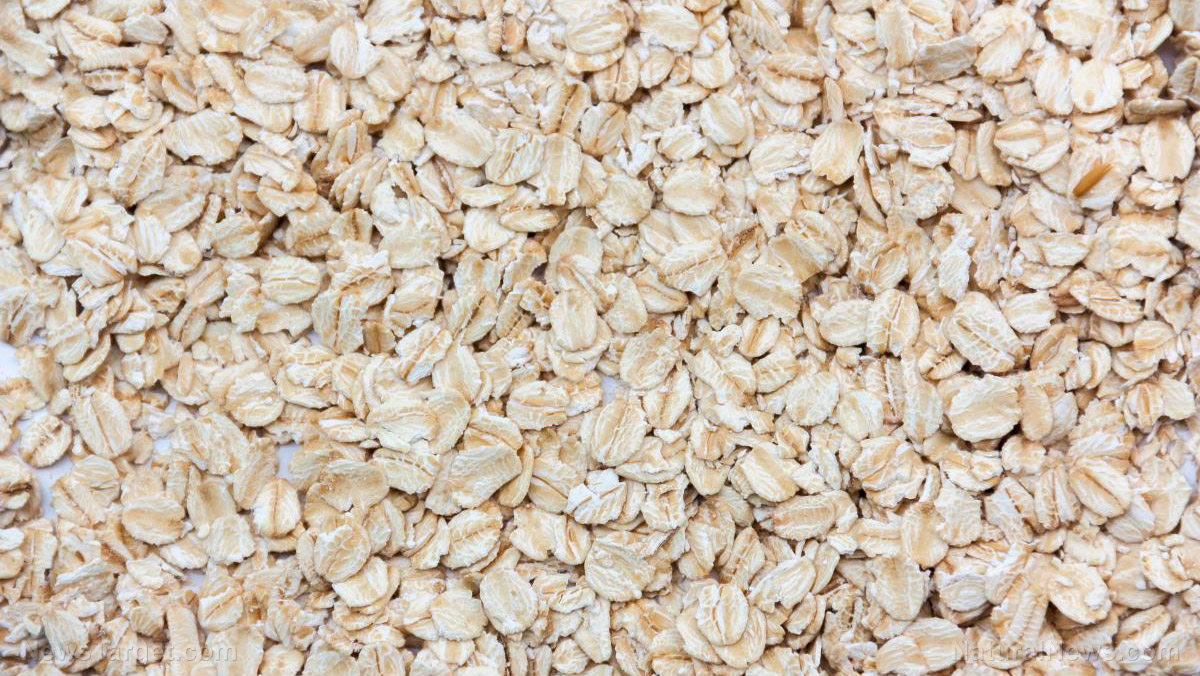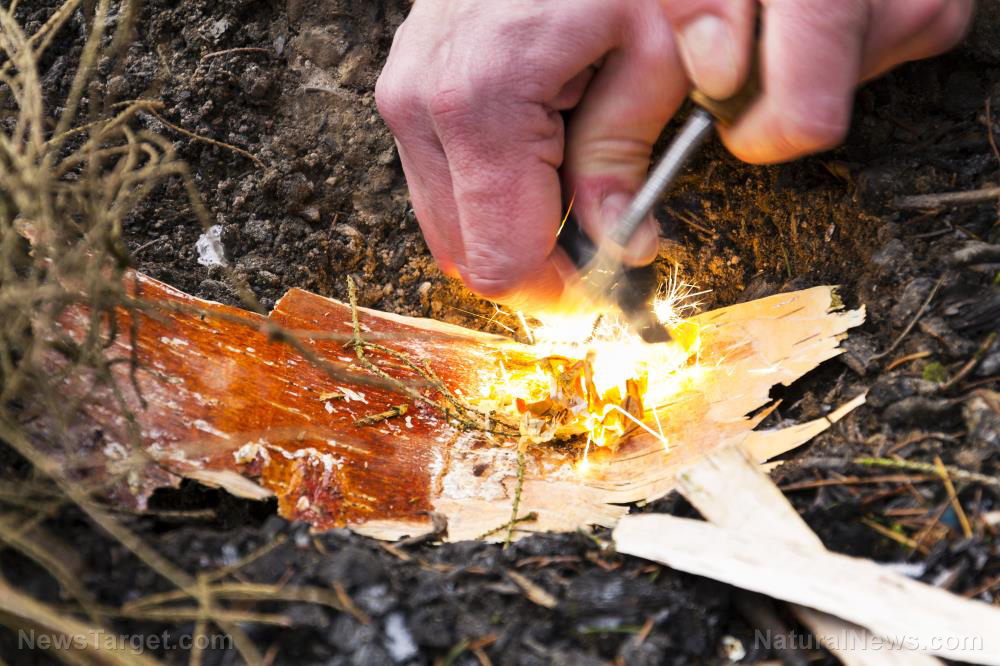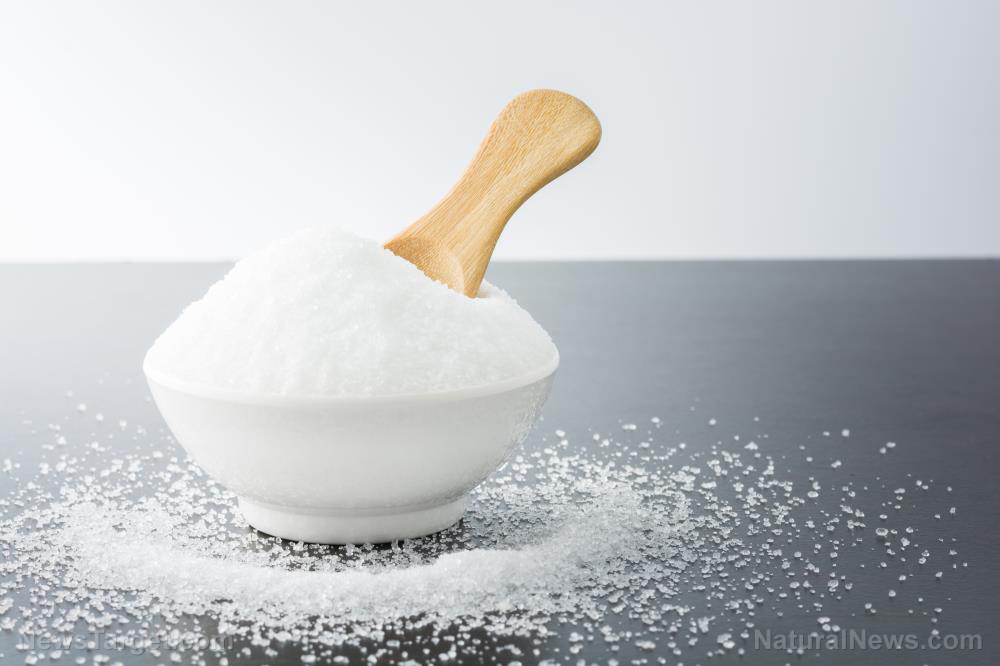Prepping tips: 13 Ways to avoid food waste
05/16/2019 / By Mary Miller
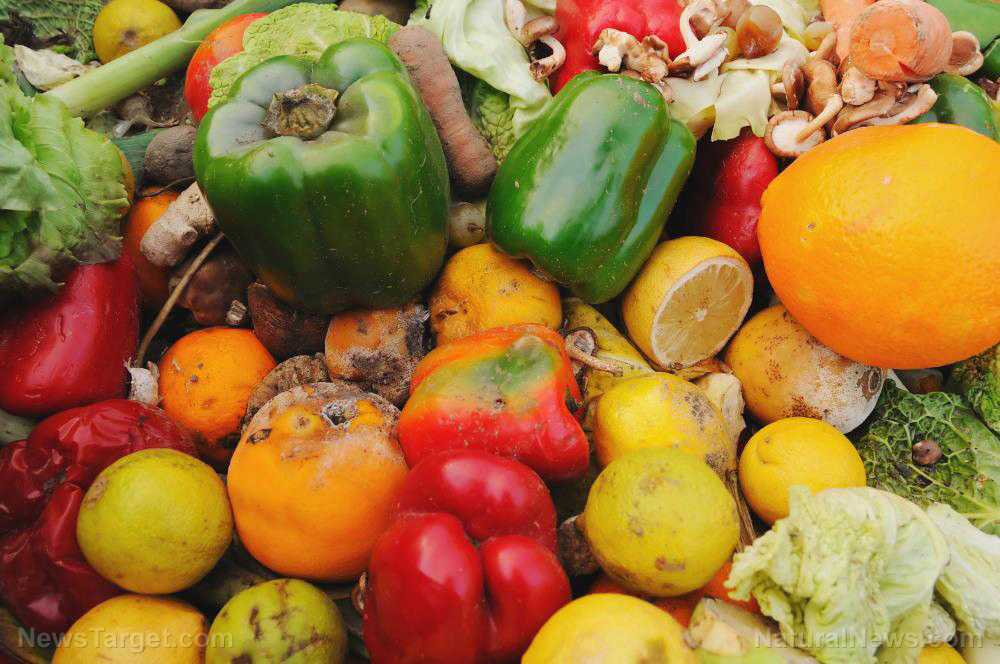
In most American households, leftovers tend to be discarded even if the food is still technically edible. If you can make the most out of your leftovers, not only will you avoid food spoilage, but you will also save your time and money. Here are a few useful tips on how you can avoid food waste. (h/t to LivingLifeInRuralIowa.com)
Re-purpose your food for a second serving
Give your leftovers a second chance on the kitchen table by turning them into omelets, soups, stews, and casseroles. Saute your leftover veggie scraps in oil or butter and add them as a side dish to your meals. Turn uneaten meat into delicious meat pies.
Organize your refrigerator
You can avoid food spoilage by keeping your fridge organized and clutter-free. The more visible your food is, the less likely you are to forget about it. Label your food items and place them in clear containers instead of opaque ones.
Keep track of your leftovers and plan meals around them
A well-kept inventory can go a long way in avoiding food waste. Make a list of what should be eaten first and plan your future meals around the leftovers. Follow a “first in, first out” basis. (Related: Simple tips and ideas to avoid food waste.)
Learn how to preserve your leftovers
There are many food preservation techniques that you can use to make your food last longer. Some of these techniques include canning, dehydrating, pickling, fermenting, freezing, and curing. Not only will these skills help you save food in your everyday life, they can also serve as useful survival skills in case SHTF.
Keep your serving sizes in check
One of the most common reasons people end up with plenty of leftovers in the first place is because they prepare too much food. Learn how to estimate how much food you and your family will be able to eat and stick to these serving sizes. This is also a great way to help you stay healthy and avoid overeating.
Give children only small amounts of food at a time
Children can sometimes be picky eaters, but that doesn’t mean that any food should go to waste because of this. Give children only what they can eat. This teaches them to only eat when they are hungry and not because they are forced to eat. Children should also learn to eat leftovers at a young age.
Clean out your freezer once a year
Freezing your leftovers can be a great way to prevent them from spoiling, but they cannot stay in your freezer indefinitely. To make the most efficient use of your freezer space, do a yearly freezer clean-out.
Make delicious stocks and broths
Use leftover bones and vegetable scraps to create your own homemade stocks and broths. You can use these to add flavor to future meals. If you don’t plan to use them immediately, you can even preserve them by freezing or canning them.
Invite friends and family over to help you eat
Friends and family will always appreciate a kind gesture if you are there to provide good food and company. This can even give you the chance to draw closer to each other. It is also a good idea to share your blessings with those who are less fortunate. If any of your friends or family members are struggling with their food budget, lend them a helping hand by inviting them over for a meal.
Compost what you cannot eat
You can reuse food scraps by composting your leftover food. If you don’t have space in your yard for an outdoor composting system, try searching online to see if your local area has a compost station.
Store food correctly
A lot of food can go to waste because it isn’t stored correctly. For example, produce such as potatoes, garlic, onions, tomatoes, and cucumbers should be kept at room temperature. Placing them in the refrigerator can lead to premature ripening.
Sources include:
Tagged Under: emergency food, food hacks, food prepping, Food Preservation, Food scraps, Food storage, food supply, food waste, homesteading, how-to, kitchen scraps, leftovers, preparedness, prepper, prepping, preserving food, re-purposed food, recipes, recycling, shelf life, SHTF, storable food, survival, survival food, survivalist, veggie scraps
RECENT NEWS & ARTICLES
COPYRIGHT © 2017 PREPAREDNESS NEWS

